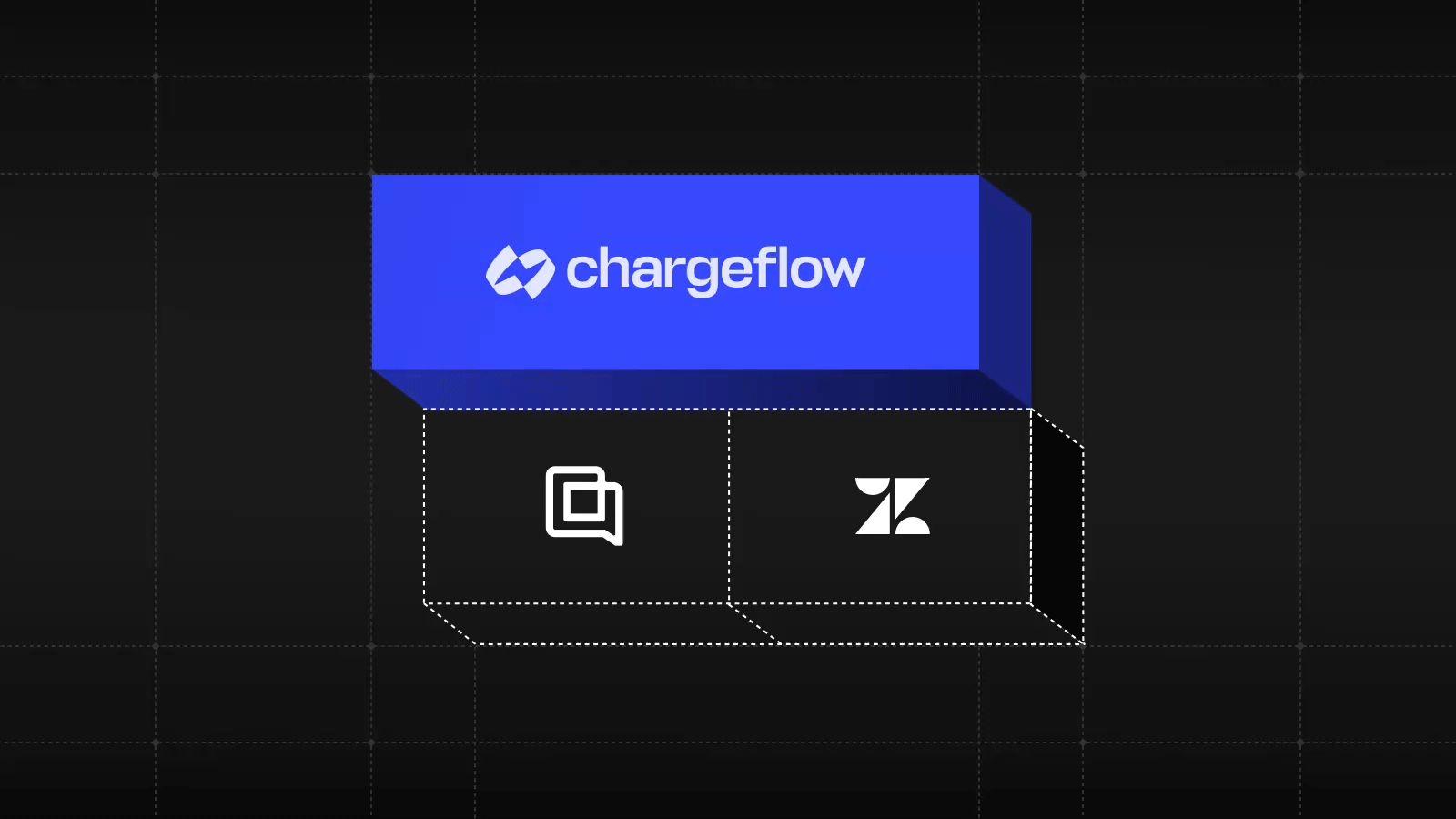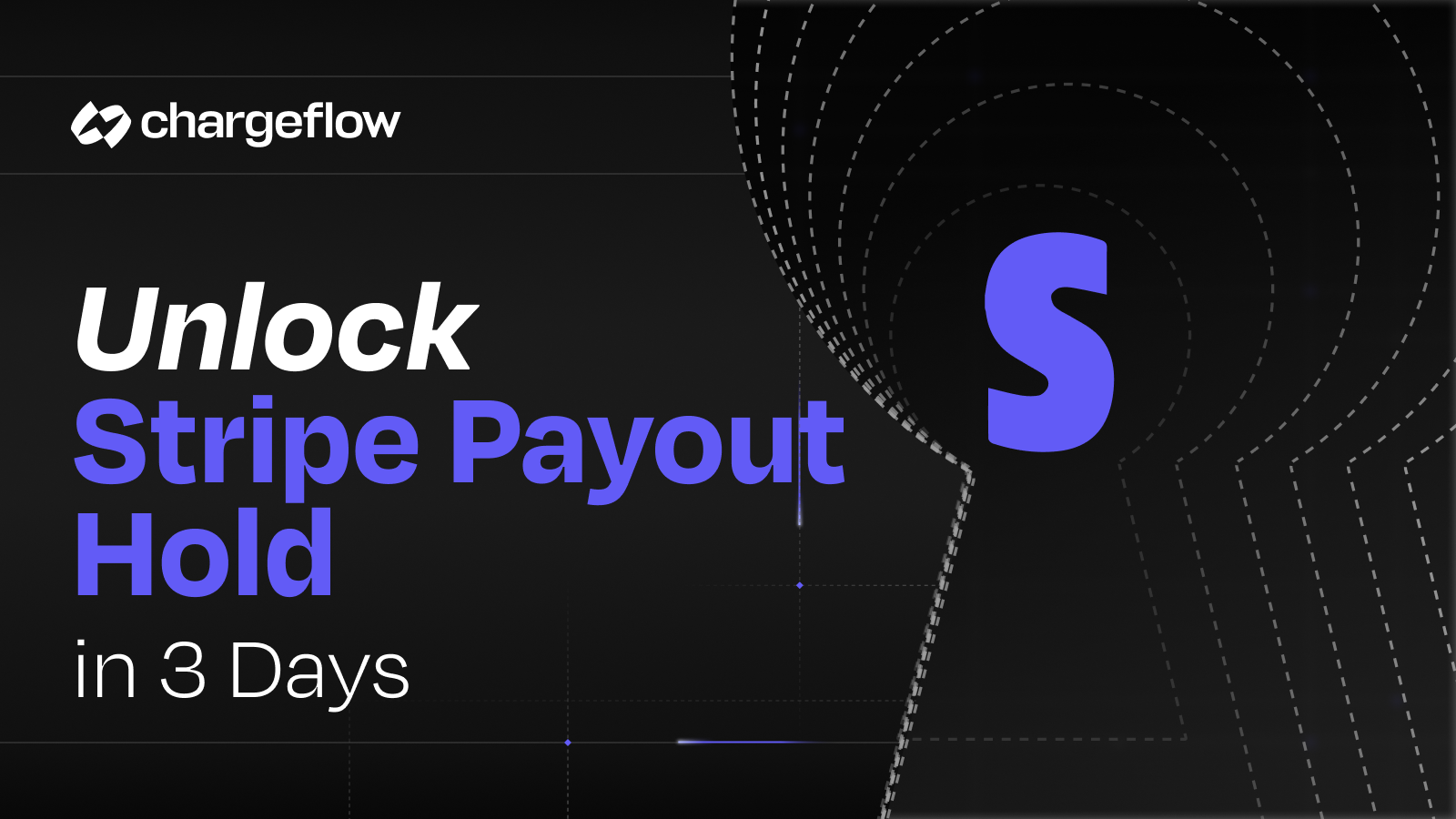Unlacing Sneaker Fraud: Key Strategies for Preventing Resellers and Bots

Chargebacks?
No longer your problem.
Recover 4x more chargebacks and prevent up to 90% of incoming ones, powered by AI and a global network of 15,000 merchants.
Discover how counterfeit sneakers and fraudulent reselling affect the market. Learn fraud prevention tips to protect your sneaker purchases.
Welcome to the world of sneakers, a place where sports and style enthusiasts meet, as well as hardcore collectors, converge in the quest to scramble for the latest drops. As of 2021, the sneaker market soared to a staggering $78.59 billion, with projections expecting to grow at a compound annual growth rate (CAGR) OF 5.2% by 2030. This growth fueled by the digital revolution, rising disposable incomes, and a collective desire for trendy, athletic footwear across all age groups.
Yet, beneath this glossy surface lurks a growing threat: the rapid growth of counterfeit products. These fakes, often indistinguishable from their authentic products, deceive consumers and threaten the industry’s economic health. Today, easy access to copied products, often manufactured locally, hampers market growth. These counterfeit sneakers' customizable and innovative features make them an attractive and profitable opportunity for unscrupulous market players. Additionally, the growing obsession with health and wellness, especially among the younger population, drives further demand, complicating the landscape.

In this article, we’ll delve into the various facets of sneaker fraud, covering the mechanics of the reselling marketing, the prevalent types of fraud today, and a real-world case study. We’ll conclude with advanced fraud prevention strategies. Our aim is to provide you with a comprehensive understanding of these issues and help you explore the industry, along with effective ways to combat these challenges.
How the Reselling Market Works
Let us examine the operation of the reselling market. A reseller buys a limited edition at retail and sells it through the special marketplaces at a higher price thus realizing massive margins in profit. Expenses will include the actual purchase price, shipping and marketing. The revenue is represented by the difference between retail and selling prices. The key factors to consider are:
- Legal Implications of Reselling: It is legal to resell sneakers but they have to be genuine. If there is an issue of counterfeit sneakers or there are deceptive practices involved then the sale becomes illegal.
- Market Manipulation: The use of bots raises ethical concerns when purchases of large quantities of sneakers are made which compromises other regular customers' opportunity to buy at retail prices. This causes inflation in prices and manipulates the market.
- Intellectual Property: Unauthorized use of brand names or designs creates problems for the marketing of shoes because it gets into conflict with intellectual property rights too.
- Transparency and Fairness: The buyers need to know whether what they are getting is genuine or not plus fair pricing for them not being deceived or taken advantage of by sellers.
Profiles of Resellers:
Within the legal and ethical frameworks, it is also important to distinguish between the market participants who uphold these standards and those who do not. Now let us present the different types of resellers that can be found in the sneaker market.
- Legitimate Resellers: These refer to individuals complying with existing laws concerning commerce activities. These resellers buy original limited-edition shoes from authorized places only to resell them at inflated prices. They observe fairness in accordance with legal requirements, have respect for trademark copyrights, give information about where their shoes are coming from including the state of the shoes they're selling.
- Fraudulent Resellers: These are dishonest people involved in dealings or actions like selling fake famous sneaker brands, buying old stocks because no one wants them anymore at unbelievable cheap prices; using bots to unfairly acquire lots of stock, and are involved in price gouging. Such acts harm customers as well as the entire market by destroying both its identify and availability of real products.
Types of Sneaker Fraud
As the sneaker reselling market expands, so too do the opportunities for fraudulent activities. Here, we break down the types of fraud affecting the industry and the challenges to both consumers and businesses.
Counterfeit Sneakers
The counterfeit sneaker market has seen remarkable growth, reaching an estimated value of nearly $600 billion by the end of 2023. This figure represents approximately 1.5 times the size of the legitimate footwear industry, underscoring the scale of the problem. The market's value has surged dramatically from $46.1 billion in 2013, marking an astounding 1200% increase over the past decade. In 2022, counterfeit sneakers accounted for 11.9% of all counterfeit product sales, totaling around $500 billion. The COVID-19 pandemic further exacerbated this issue, as the market witnessed a sharp rise in counterfeit revenue. This trend highlights the growing challenge for the industry, with fake products becoming increasingly sophisticated and harder to distinguish from genuine items. The prevalence of counterfeit sneakers has significant repercussions, undermining consumer trust and impacting the revenues of legitimate brands.
Price Inflation and Market Manipulation
In addition to counterfeit sneakers, the sneaker market has a big problem with price inflation and market manipulation, often compounded by checkout bots. These programs that are automated buy limited-edition sneakers fast, making them scarce. The effect of this is to prevent ordinary shoppers from buying them at retail prices while boosting their prices in the secondary marketplace. This distorts the market and makes it hard for regular customers to access hot releases; it forces true buyers into paying way more.
Fraudulent Returns and Exchanges
Frauds also occur when people return counterfeit or other items in place of genuine shoes. Fraudsters use retailers’ return policies to get refunds or exchanges for inferior products. This causes financial losses for businesses but also disrupts inventory management and can damage brand reputation.
Checkout Bots and Exploiting Bots for Profit
Checkout bots are automated programs that snap up limited-edition sneakers the moment they come out faster than real consumers creating scarcity artificially. These bots manage to grab lots of units within moments that are later sold on secondary markets at highly inflated rates. This not only deprives regular consumers of fair access but also inflates costs, sometimes by hundreds of dollars.
Impact and Responses
Bots purchase large chunks of real estate and destabilize the market, causing a shortage. To fight it, retailers and legislators introduced things like CAPTCHA challenges, queuing systems, or one purchase per customer limits. The battle against bots isn't over, however: the more prevention measures developers put in place, the faster bot-makers are at coming up with workarounds. The shifting legal landscape also seeks to take on the larger concerns of automated buying.
Impact of Fraudulent Activities
The market landscape has changed drastically through the use of technologies like checkout bots and other forms of sneaker fraud. It is these practices that have resulted in artificial scarcity, price gouging, and a lack of equitable access to limited runs. This means higher prices and less of a chance to get the goods you want for consumers just like yourself. Retailers and brands alike are not only deeply troubled about the financial repercussions but also grapple with eroded consumer trust from an excess of supply chain missteps. These outcomes expose the larger market inequity and the dilemmas of ensuring a fair shopping experience.
Insights from the Field: Real-World Sneaker Fraud Case Study
The sneaker industry has faced several high-profile fraud cases that illustrate the complexity and scope of the issue. One of the more recent sneaker fraud schemes that made headlines is with Zadeh Kicks LLC, where the ex-CEO and CFO ended up getting charged for wire fraud and bank conspiracy as well as money laundering.

The company fielded monster pre-orders for limited-edition sneakers, such as the Nike Air Jordan 11 Cool Grey, taking payments on some 600,000 orders even though only an estimated 6,000 pairs were in stock. This triggered $70 million in unfulfilled orders. They also falsified financial documents to banks to secure over $15 million in loans which they spent on high-dollar items like expensive watches and cars. This case exemplifies the "Fraudulent returns and exchanges" category, where orders are taken but never delivered, highlighting the risks consumers face when dealing with unscrupulous resellers.
Sneaker Fraud Prevention
Retailers have adopted several strategies and technologies to combat the challenges of fraud in the sneaker market. Key approaches include:
- Technology Solutions:
- Anti-Bot Measures: Advanced software is used to identify and block bots, distinguishing between human users and operating systems.
- Authentication Tools: Using AI and blockchain technology, retailers verify the authenticity of sneakers, protecting consumers from counterfeit purchases and maintaining brand integrity.
- Consumer Awareness and Education: Retailers actively educate consumers about the risks of buying from unlicensed vendors and how to identify counterfeit products. By providing clear guidance and features, they help customers make informed purchasing decisions.
Implementing Fraud Prevention Tools
As part of a comprehensive anti-fraud strategy, some vendors and platforms use specialized tools to monitor and prevent fraudulent activity. For example, solutions such as those provided by Chargeflow offering real-time monitoring and alerts, to help businesses quickly identify suspicious transactions. These tools help sellers protect their operations and ensure that the right customers get genuine products.
The Future of Sneaker Selling
The sneaker resale market continues to evolve, driven by emerging technologies and changing consumer behavior. While the future holds the promise of more sophisticated fraud prevention techniques, it also presents challenges as fraudsters find new ways to exploit vulnerabilities. Key trends include:
- Emerging Technologies: Innovations such as AI and machine learning are expected to play a key role in fraud detection and prevention, offering robust and scalable solutions.
- Regulatory Changes: As the market matures, new regulatory frameworks may emerge to better protect consumers and legitimate businesses. This could include stricter regulations on bot usage and more stringent controls on counterfeit goods, ensuring a fairer and more transparent market environment.
Conclusion
The strong growth in the sneaker market continues to attract enthusiasts and fraudsters. From counterfeit sneakers and checkout bots to fraudulent returns, fraudulent activities present huge challenges. As fraud techniques evolve, retailers need to take proactive measures to prevent and detect them.
Advanced technology and consumer education are key to maintaining market integrity. Emerging technologies such as AI and machine learning will play an important role in detecting and preventing fraud, if in addition to providing more robust solutions, regulatory frameworks can develop to better protect consumers and businesses, provided there could be tougher laws on bots and fake products
Solutions such as those offered by Chargeflow provide the necessary tools to monitor transactions and detect suspicious activity, ensuring limited releases are properly accessible. In this ever-changing landscape, continuous innovation in fraud prevention is vital. By staying ahead of emerging threats, the sneaker industry can maintain a balanced and transparent marketplace, fostering trust and loyalty among consumers. In order to stay ahead of these threats and best practices to prevent them, be sure to follow our blog on Chargeflow.

Chargebacks?
No longer your problem.
Recover 4x more chargebacks and prevent up to 90% of incoming ones, powered by AI and a global network of 15,000 merchants.






























.png)








